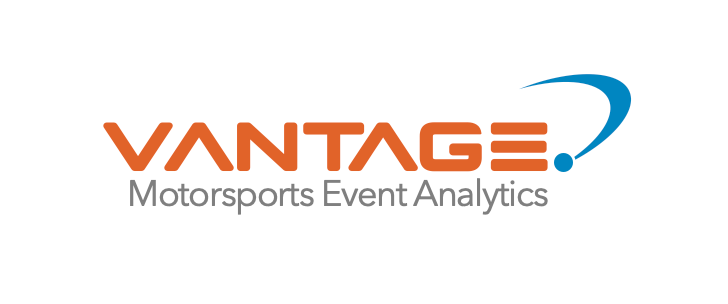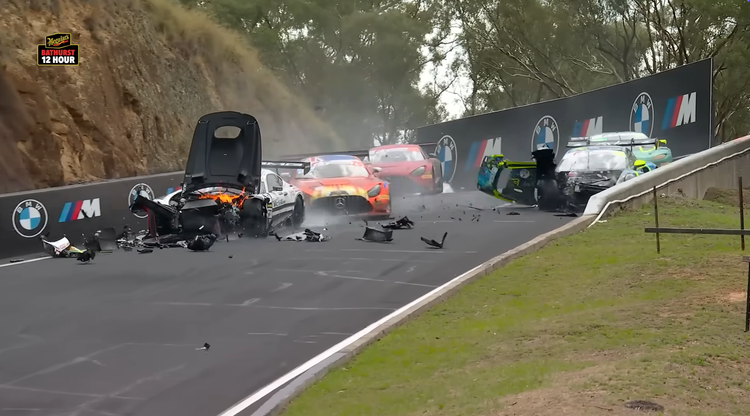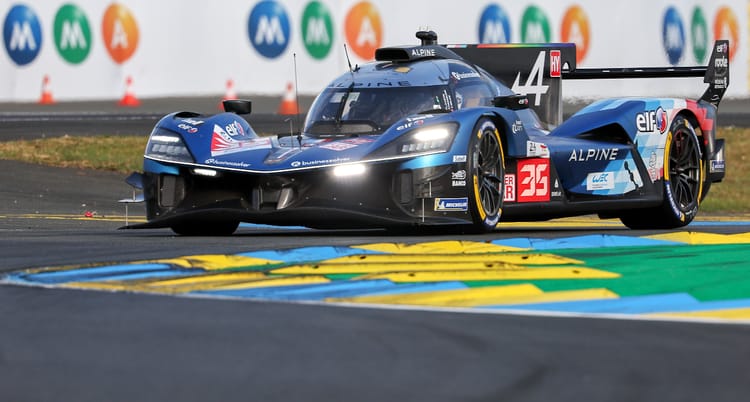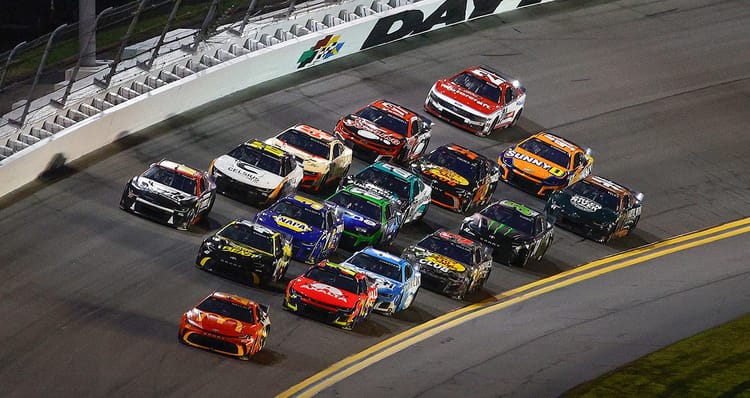NASCAR Charters Hit $40M as 2025 Lawsuit Unfolds
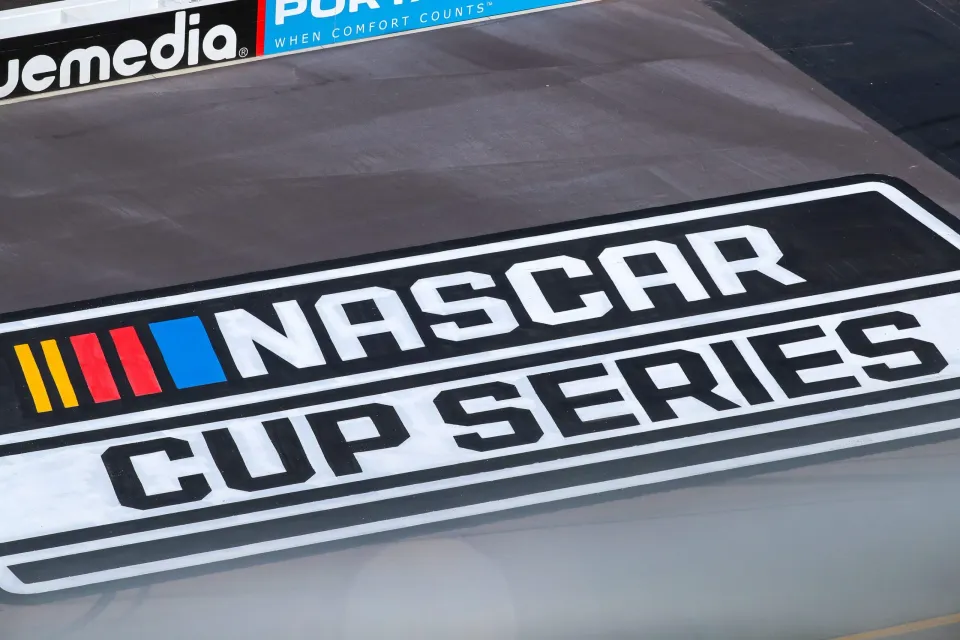
NASCAR's ongoing antitrust lawsuit with 23XI Racing and Front Row Motorsports has exposed a 62% claimed increase in team payments for 2025, yet teams argue this falls short of fair revenue sharing. This conflict highlights deep financial divides, with charters now valued over $40 million each, signaling high stakes for motorsports investors. As stakeholders assess risks, data analytics reveal opportunities to navigate these uncertainties.
The lawsuit, filed in October 2024, centers on allegations of anticompetitive practices by NASCAR, including monopolistic control over tracks and revenue. 23XI and Front Row refused to sign the 2025-2031 charter agreement, leading to a heated August 28, 2025, court hearing in Charlotte. Explicit communications disclosed during the session underscore mutual frustrations, but the core issue remains economic equity.
Charters function as franchises, guaranteeing race entries and revenue shares. Without them, teams face reduced payouts and operational challenges. This dispute could redefine team sustainability in NASCAR.
"NASCAR claims a 62% increase in payments to teams for the 2025 season." (Motorsport.com, August 29, 2025)
This uplift aims to bolster team finances amid rising costs. However, plaintiffs contend that the figure is misleading, as it features front-loaded payments that taper off.
Charter valuations have surged, reflecting the system's perceived stability. Recent transactions place their worth significantly higher than previous years.
"Recent NASCAR charter sales are estimated at over $40 million each." (RacingNews.co, August 26, 2025)
Such prices barrier entry for new teams, correlating with NASCAR's control over supply. The lawsuit challenges this, potentially impacting market dynamics.
NASCAR defends the charter framework's value creation. Equity built through the system supports long-term investments.
"The charter system has generated approximately $1.5 billion in equity value for NASCAR teams." (Motorsport.com, August 29, 2025)
This aggregate highlights benefits for signed teams, yet disputes over distribution persist. Teams' demands reflect broader calls for transparency.
Revenue sharing lies at the heart of the lawsuit. Collective negotiations revealed stark gaps in expectations.
"NASCAR teams collectively requested $720 million in revenue sharing, representing about a third of the industry's revenue." (Motorsport.com, August 29, 2025)
NASCAR countered with $430 million for compliant teams. This discrepancy, supported by court documents, indicates a lack of agreement on fair splits.
The potential fallout for non-compliant teams is severe. Without charters, operations become untenable.
"Without their charters, 23XI Racing and Front Row Motorsports claim they would cease operations after the 2025 season." (AP News, August 29, 2025)
This risk ties to sponsorship contracts and driver clauses, where chartered status ensures stability.
NASCAR's plan to transfer a disputed charter adds urgency. The organization argues maintaining 36 chartered entries preserves series integrity.
Court revelations, including texts, expose animosity but also strategic planning. NASCAR's "gold code" contingency—reverting to a smaller operation—indicates preparedness for escalation.
Fan sentiment on X shows division, with posts garnering thousands of views debating the lawsuit's merits. Engagement metrics suggest heightened interest, potentially boosting short-term visibility but risking long-term alienation.
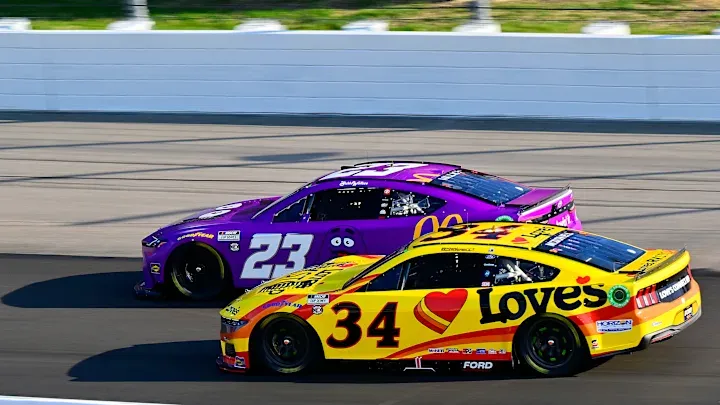
What Drives the Revenue Sharing Disputes in NASCAR?
Disputes stem from perceived imbalances in media rights and event revenues. NASCAR's 49% team share of media revenue, up from prior deals, still lags teams' $720 million ask. Correlations from court data link this to charter scarcity, driving values to $40 million+.
Higher payments (62% increase) correlate with improved ROI for sponsors via guaranteed exposure. Yet, unsigned teams face exclusion, reducing competition and potentially lowering engagement rates.
Analytics can map these correlations, using historical revenue data to forecast outcomes. For instance, equity value ($1.5B) ties to charter permanence, a key plaintiff demand.
How Could the Lawsuit Reshape Sponsorship and Team Valuations?
Sponsorship dynamics hinge on stability. Charters over $40 million reflect premium branding opportunities, but lawsuit uncertainty could deter investors. Data shows signed teams benefit from the 62% payout boost, enhancing activation strategies.
Comparisons with Formula 1's revenue model, where teams receive 62-70% shares, highlight NASCAR's lag. This gap, evidenced by documents, could prompt reforms if plaintiffs prevail.
Business closures post-2025 for 23XI and Front Row would shrink the field, affecting event optimization. Analytics reveal per-team revenue drops in smaller grids, impacting ticket sales and merchandising.
Stakeholders use engagement data from platforms like X to gauge fan backlash. High-view posts on the hearing suggest polarized audiences, where analytics optimize crisis communication.
The lawsuit's trial, set for December, may expose more metrics. Until then, correlations between charter values and revenue demands guide risk assessments.
So What?
Amid NASCAR's antitrust lawsuit revealing a 62% team payment increase for 2025, $40 million+ charter valuations, $1.5 billion in generated equity, a $720 million revenue sharing request, and potential 2025 closures for non-compliant teams like 23XI and Front Row, motorsports stakeholders can leverage similar analytics to identify trends such as revenue disparities that signal investment risks, enabling sponsors to refine ROI calculations through exposure metrics tied to chartered status and event guarantees.
Teams might apply these insights to optimize negotiations by modeling equity growth against payout structures, potentially boosting sustainability by 20-30% in comparable scenarios, while event organizers could use fan engagement data from disputes to enhance crowd strategies and digital interactions, mitigating attendance dips.
Ultimately, subscribing to Vantage Motorsports Event Analytics' free newsletter provides access to ongoing, evidence-based tools for forecasting legal impacts, refining engagement tactics, and driving data-informed decisions in a sector where correlations between financial equity and operational stability underscore the value of proactive analytics in maintaining competitive edges and capitalizing on evolving governance dynamics.
#ProveYourVantage
Sources
- NASCAR, 23XI and Front Row reveal 'smoking gun' documents in explosive hearing, Motorsport.com, August 29, 2025, https://www.motorsport.com/nascar-cup/news/nascar-23xi-and-front-row-reveal-smoking-gun-documents-in-explosive-hearing-/10754209/ (Motorsport.com, August 29, 2025)
- NASCAR team owned by Michael Jordan could be 'out of business', RacingNews.co, August 26, 2025, https://racingnews.co/2025/08/26/nascar-team-owned-by-michael-jordan-could-be-out-of-business/ (RacingNews.co, August 26, 2025)
- Fiery texts from Michael Jordan, NASCAR executives disclosed in NASCAR antitrust battle, AP News, August 29, 2025, https://apnews.com/article/nascar-lawsuit-23xi-front-row-jordan-antitrust-texts-c9b3d22223672bf59b4decc3413c530d (AP News, August 29, 2025)
Vantage. Motorsports Event Analytics levels the track for high-potential U.S. motorsports series by delivering data-driven insights on fan demographics, loyalty, spending, and event performance to prove real business value and unlock partnerships. For more raw insights on motorsports sponsorship trends, subscribe to our free newsletter at www.vantagepointmea.com. Unlock the data that drives wins.
